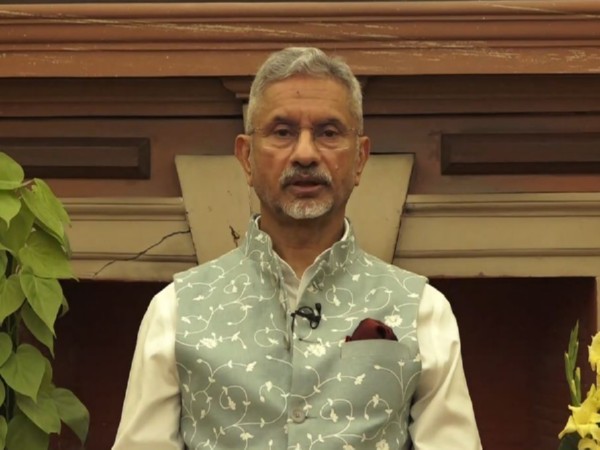'Mann Ki Baat': PM Modi highlights Moran community's bond with Hoolock Gibbons in Assam
Aug 25, 2024

New Delhi [India], August 25 : Prime Minister Narendra Modi on Sunday highlighted the unique relationship between the Moran community and Hoolock Gibbons, India's only ape, in Barekuri village of Assam's Tinsukia district.
The hoolock gibbons are "endangered," according to the International Union for Conservation of Nature. They are found in eastern Bangladesh and northeastern Indian states like Arunachal Pradesh, Assam, Manipur, Meghalaya, Mizoram, Nagaland, and Tripura.
In the 113th episode of his monthly 'Mann Ki Baat' programme, PM Modi described how the villagers have developed a deep connection with the gibbons, incorporating them into their traditions.
"You must have seen many films about the love between humans and animals, but a real story is being told these days in Assam. In the small village of Barekuri in Tinsukia district, the people of Moran community and the Hoolock Gibbons, known as 'Holo Bandar' here, live together. Hoolock Gibbons have made their home in this village. You will be surprised to know that the villagers have a very deep connection with gibbons, continuing to follow their traditional values. Therefore, they did all those things that would strengthen their relationship with the gibbons. They realised that the gibbons loved bananas, so they started cultivating bananas. Additionally, they perform rituals related to gibbons' birth and death just as they do for their own people," PM Modi said.
PM Modi also pointed out that the Moran community members have been named after gibbons. He mentioned that the villagers recently addressed issues caused by electric wires affecting the gibbons and found a solution.
Further, PM Modi also praised the use of 3D printing technology in Arunachal Pradesh, which is helping to protect animals from being hunted for their horns and teeth.
"Our young friends in Arunachal Pradesh are also not behind in showing their love for animals. Some of our friends have started using 3D printing technology because they want to save animals from being hunted," he said.
"They create replicas of animal teeth and horns, which are then used to make items like dresses and caps. This innovative approach, using biodegradable materials, is a remarkable alternative," he added.


















